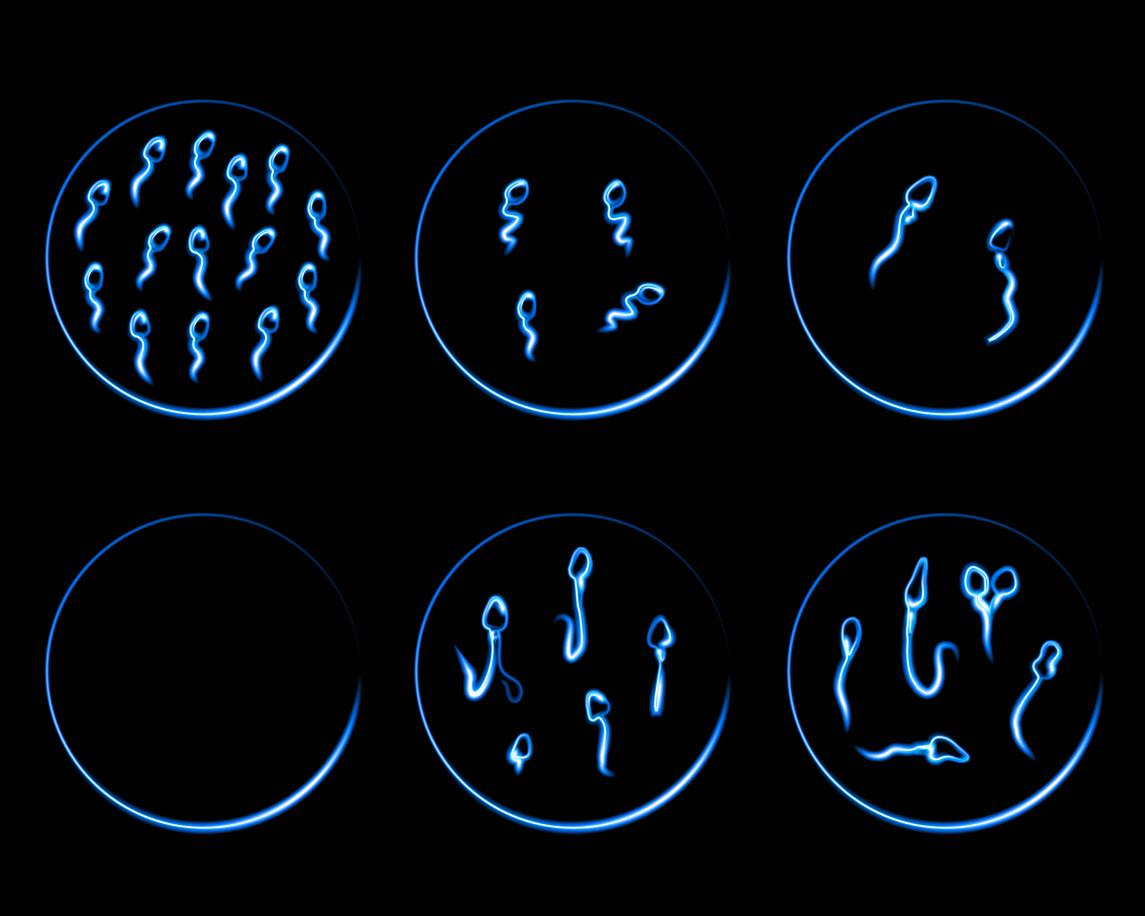A new study reveals a notable link between babies’ birth weight and the occurrence of non-alcoholic fatty liver disease in young people.

- Nonalcoholic fatty liver disease has become the most common cause of chronic liver disease worldwide. In Europe alone, it is estimated to affect more than 25% of adults, and its prevalence is increasing among obese or overweight young people.
- According to the study, babies with low birth weight, less than 2.5 kg, are four times more likely to develop non-alcoholic fatty liver disease later in life.
- There are more than 200,000 people affected by non-alcoholic fatty liver disease in France.
Beware of babies with low birth weight: there is a significant link between low birth weight and the appearance of non-alcoholic fatty liver disease in young people, according to a recent study presented during theUnited European Gastroenterology Week 2023, in Denmark. Babies who weigh less than 2.5 kg at birth would therefore be four times more likely to develop this disease later in life. A particularly concerning finding because non-alcoholic fatty liver disease is a disease that can have serious long-term health consequences.
Birth weight associated with liver disease
Nonalcoholic fatty liver disease, which is associated with metabolic dysfunction, is the most common cause of chronic liver disease. It affects around 25% of adults in Europe, particularly obese or overweight people. It is one of the main causes of the prevalence of liver cancer, which heightens the importance of this discovery. The study recalls that a link had already been previously established between birth weight, cardiovascular diseases and metabolic syndrome.
The role of fetal development factors in liver disease
To establish the link between birth weight and liver disease, the researchers relied on the Swedish medical birth register and on cases of non-alcoholic fatty liver disease affecting the population aged 25 or younger. “Our study now provides compelling evidence that fetal developmental factors play an important role in the development of non-alcoholic fatty liver disease and progressive liver disease”explains Dr Fahim Ebrahimi, lead author of the study, in a communicated.
The need to raise awareness and prevent
This finding highlights the importance of considering fetal health from the pregnancy stage. Several studies suggest that overnutrition and undernutrition during pregnancy can, for example, lead to lasting epigenetic changes that can affect an individual’s metabolism throughout their life. It is therefore essential, according to Dr Ebrahimi, to raise awareness of the long-term consequences of low birth weight and to encourage preventive measures, “such as early and targeted screening, to identify people at risk and help reduce the burden of this disease, in order to reduce the risk of liver disease in this specific population”.

















